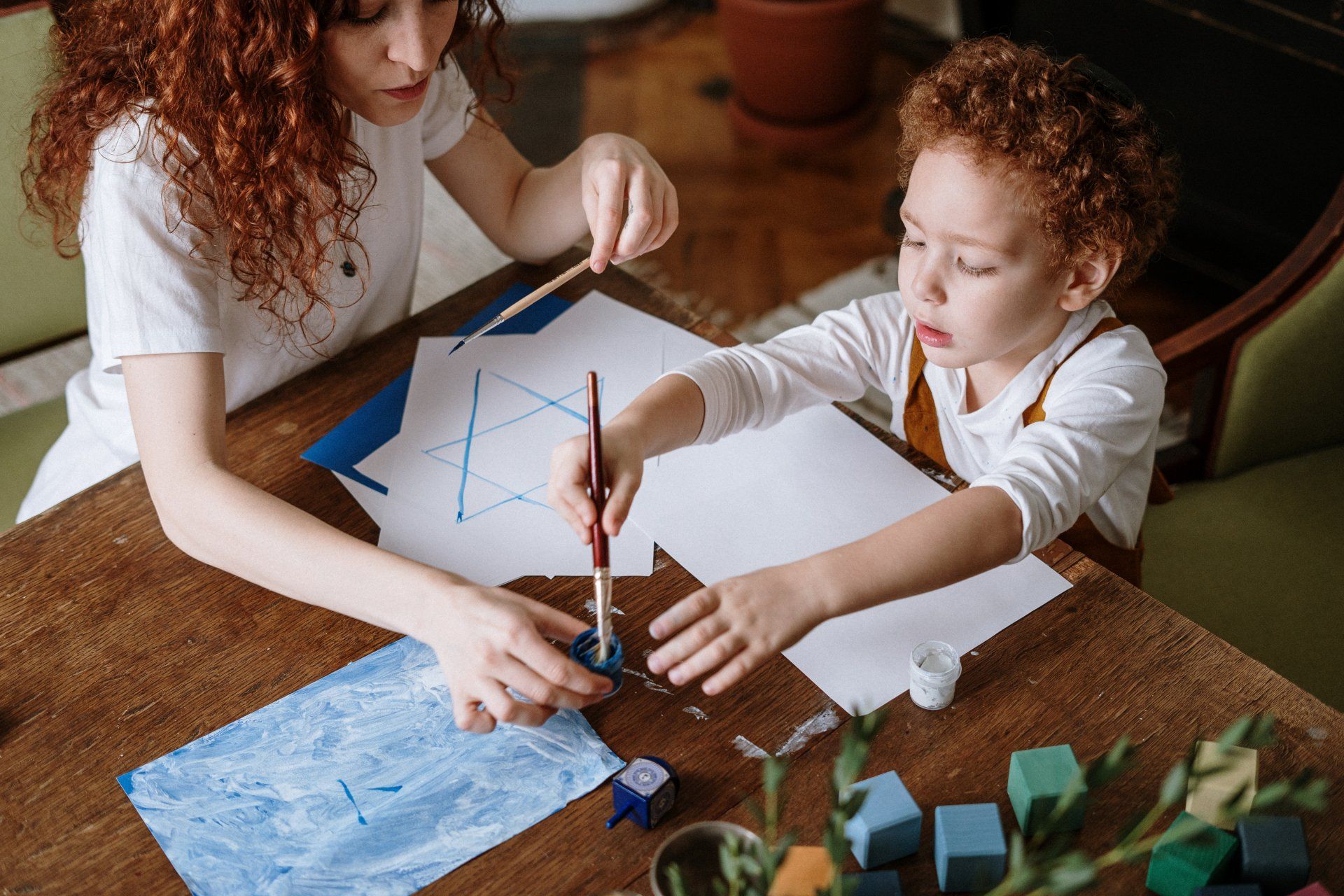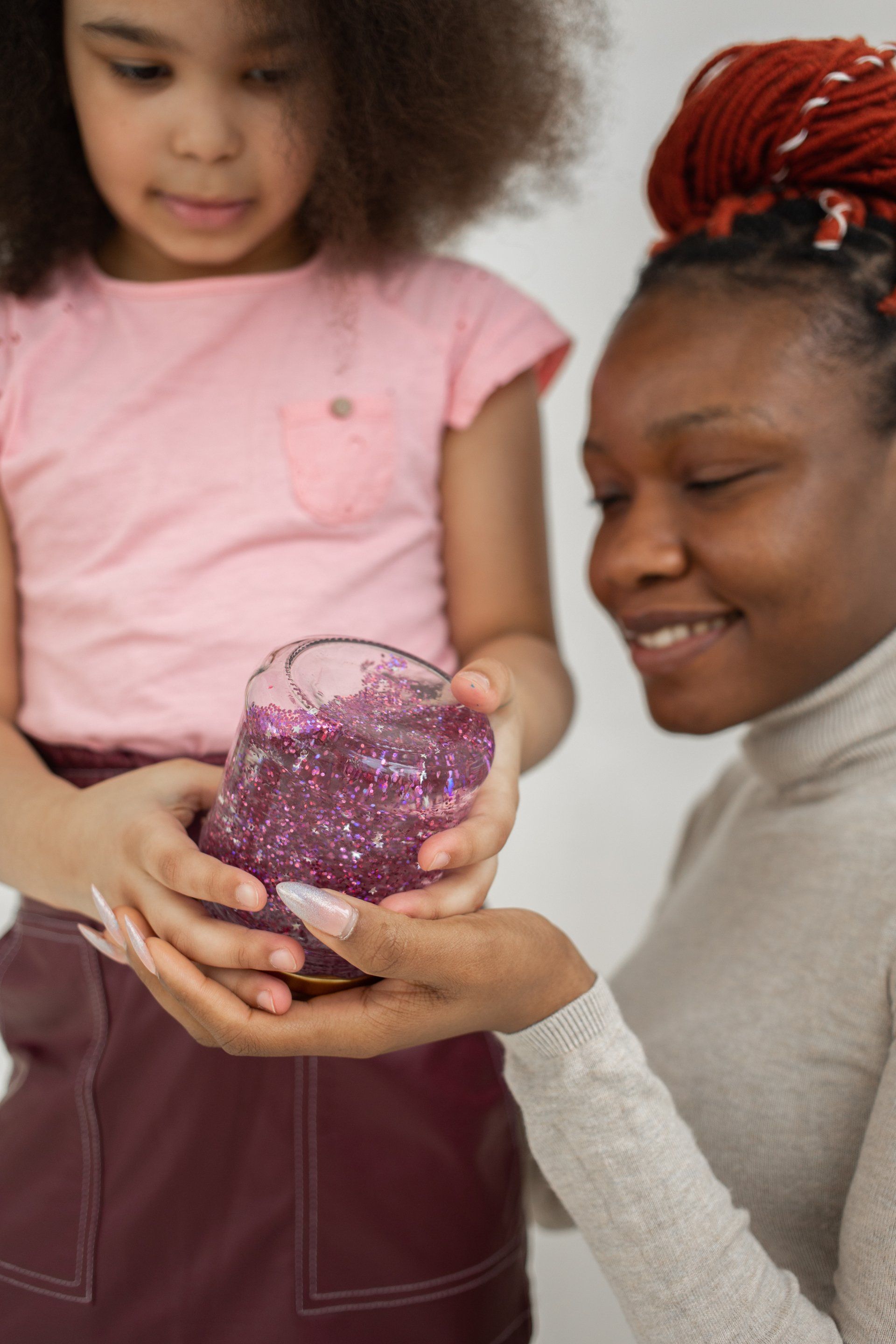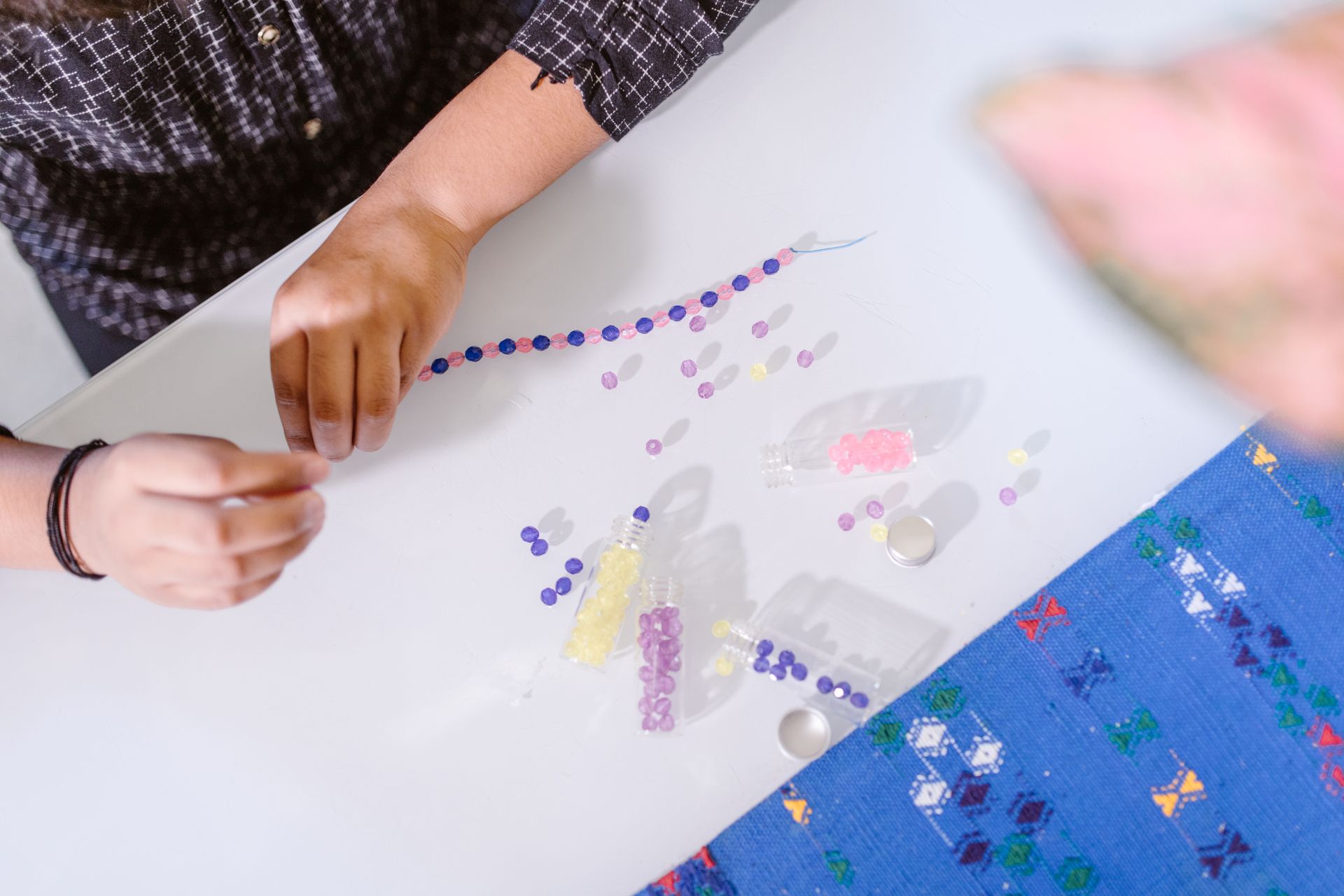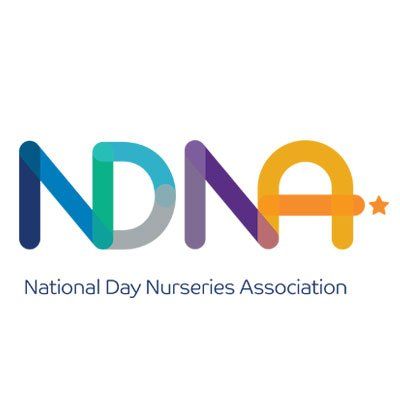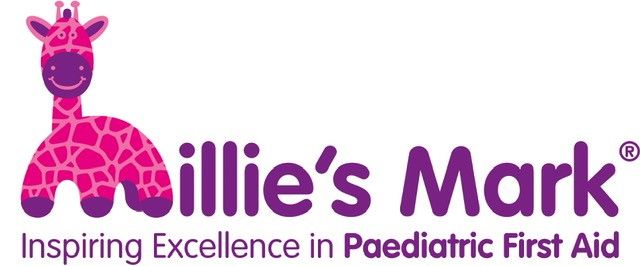The Benefits of Circle Time
The Benefits of Circle Time
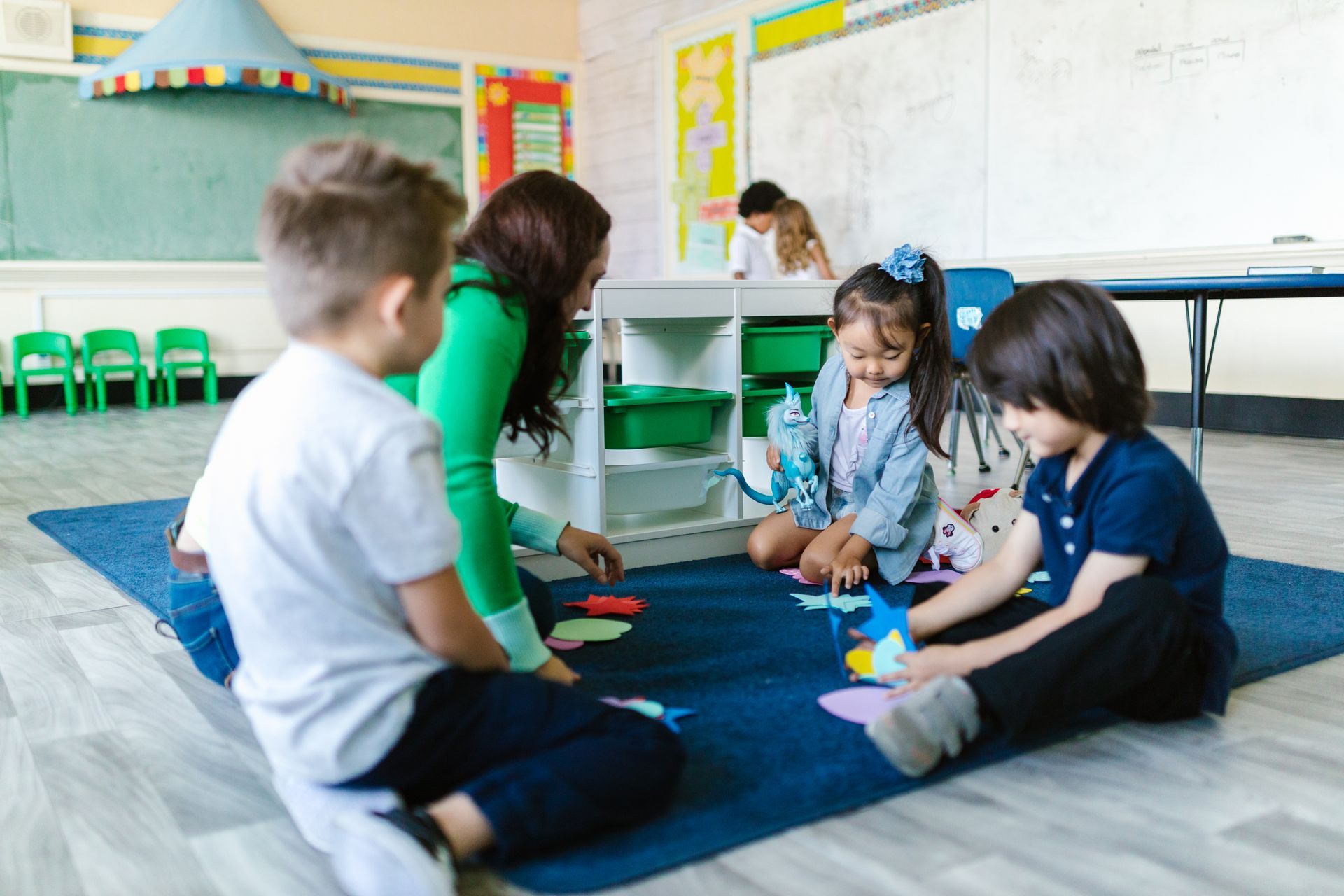
Circle time at Global Kids Day Care is a cherished part of the daily routine where friendships blossom, and learning is infused with fun. This special time allows children to gather, share stories, sing songs, and engage in interactive learning activities. The importance of early childhood education cannot be overstated, as it lays the foundation for lifelong learning and development. In this article, we explore the myriad benefits of circle time, highlighting how it enhances social skills, fosters a sense of community, and supports overall child development.
What is Circle Time?
Circle time is a structured period during the day where children sit together in a circle to participate in a variety of activities. This communal setting allows for inclusive participation, ensuring every child feels seen and heard. Typical activities during circle time include storytelling, singing, and interactive games that encourage active engagement and learning. At Global Kids Day Care, circle time is thoughtfully integrated into the daily schedule, providing a consistent routine that children can look forward to each day.
Enhancing Social Skills
Developing social skills is a crucial aspect of early childhood education. Circle time plays a significant role in promoting these skills by encouraging children to interact with their peers in a positive and supportive environment. Activities are designed to foster sharing, cooperation, and empathy. For example, children might take turns sharing their favourite stories or collaborating on a group song. These interactions help children learn important social behaviours, such as taking turns, listening to others, and expressing their feelings appropriately. As a result, they become more adept at building and maintaining healthy relationships, which are essential for their future success both in and out of school.
Building a Sense of Community
One of the core benefits of circle time is its role in fostering a sense of community among children. By participating in group activities, children develop a sense of belonging and unity. Circle time activities such as group discussions, collective singing, and team games promote a spirit of cooperation and mutual support. Testimonials from parents and teachers at Global Kids Day Care highlight the positive impact of these activities on children's ability to work together and support each other, building a strong, inclusive community within the daycare.
Encouraging Communication and Language Development
Circle time is an excellent opportunity for children to enhance their communication and language skills. Through storytelling, singing, and interactive discussions, children are encouraged to express themselves verbally and improve their listening abilities. Activities like "show and tell" allow children to practice speaking in front of a group, boosting their confidence and vocabulary. Case studies from Global Kids Day Care show significant improvements in children's language development, demonstrating the effectiveness of circle time in fostering these essential skills.
Promoting Emotional Development
Understanding and managing emotions is a critical part of a child's development. Circle time provides a safe space for children to express their feelings and learn emotional regulation. Activities such as emotion-themed stories, songs about feelings, and guided discussions help children identify and articulate their emotions. This emotional awareness and regulation are vital for their overall well-being and ability to navigate social interactions effectively. Global Kids Day Care incorporates activities that specifically target emotional development, helping children become more emotionally resilient.
Fostering Creativity and Imagination
Circle time is a fertile ground for nurturing creativity and imagination in young children. Through activities like storytelling, imaginative play, and creative arts, children are encouraged to think creatively and explore their imaginations. These activities not only provide an outlet for self-expression but also stimulate cognitive development and problem-solving skills. At Global Kids Day Care, creative activities during circle time are designed to inspire and engage children, fostering a love for imaginative play that can benefit them throughout their lives.
Enhancing Cognitive Skills
Interactive learning during circle time enhances children's cognitive skills, including memory, attention, and problem-solving. Activities such as memory games, puzzles, and interactive discussions challenge children to think critically and develop their cognitive abilities. Research supports the cognitive benefits of such activities, showing that they can significantly boost children's intellectual development. Global Kids Day Care incorporates a variety of cognitive skill-building activities into circle time, ensuring that children are continually challenged and stimulated.
Physical Development Through Movement
Physical activity is an essential component of circle time, promoting children's physical development and overall health. Incorporating movement activities such as dance, action songs, and simple exercises helps children develop their motor skills, coordination, and physical fitness. These activities also provide an enjoyable way for children to burn off energy and stay active. Global Kids Day Care recognises the importance of physical development and ensures that circle time includes plenty of opportunities for movement and exercise.
Instilling a Love for Learning
One of the most significant benefits of circle time is its ability to instil a love for learning in young children. By making learning fun and engaging, circle time activities spark curiosity and enthusiasm for exploring new concepts. Children at Global Kids Day Care look forward to circle time, where they can participate in exciting activities that make learning enjoyable. This positive attitude towards learning can have a lasting impact, fostering a lifelong love for education.
Preparing for Formal Education
Circle time plays a crucial role in preparing children for formal education. The skills learned during circle time, such as listening, following instructions, and cooperating with peers, are essential for success in a school setting. Feedback from kindergarten teachers indicates that children who have participated in circle time at Global Kids Day Care are well-prepared for the academic and social demands of school. This preparation helps ensure a smooth transition to formal education and sets the foundation for future academic success.
Parent Involvement and Feedback
Parent involvement is vital in early childhood education, and circle time provides numerous opportunities for parents to engage with their children's learning. Parents can reinforce circle time learning at home through activities like reading stories, singing songs, and discussing the day's events. Feedback from parents at Global Kids Day Care highlights the positive impact of their involvement on their children's development and the benefits of circle time.
Teacher Insights and Experiences
Teachers at Global Kids Day Care play a crucial role in the success of circle time. Their insights and experiences help shape engaging and effective activities that benefit children's development. Teachers share stories and experiences from circle time sessions, illustrating the positive impact on children. They also provide valuable tips and strategies for conducting successful circle time activities, ensuring that each session is meaningful and enjoyable for the children.
Circle Time in a Multicultural Setting
Global Kids Day Care values cultural diversity and incorporates multicultural elements into circle time. This approach helps children appreciate different cultures and promotes inclusivity. Multicultural activities such as cultural stories, songs in various languages, and celebrations of cultural events enrich the circle time experience. These activities not only broaden children's horizons but also foster respect and understanding of different cultures.
Adapting Circle Time for Different Age Groups
Circle time activities are tailored to suit the developmental stages of different age groups. Infants, toddlers, and preschoolers have varying needs and abilities, and circle time is adapted accordingly. For infants, circle time may include simple songs and sensory activities, while toddlers might engage in more interactive and exploratory activities. Preschoolers can participate in more complex discussions and problem-solving tasks. Adapting circle time ensures that each age group receives appropriate stimulation and benefits.
Tips for Effective Circle Time
Conducting an effective circle time requires careful planning and execution. Practical tips for teachers and parents include creating a consistent routine, using engaging and age-appropriate activities, and ensuring all children are included and encouraged to participate. Common challenges, such as maintaining children's attention and managing group dynamics, can be addressed with strategies like varying activities and incorporating movement breaks. Resources and tools for planning circle time activities can also be helpful in ensuring a successful session.
Conclusion
Circle time at Global Kids Day Care offers numerous benefits, from enhancing social and emotional skills to fostering a love for learning and preparing children for formal education. By creating a supportive and engaging environment, circle time helps children develop essential skills and build a strong foundation for their future. Parents are encouraged to get involved and support circle time activities at home, reinforcing the positive impact on their children's development. For more information and resources, visit the Global Kids Day Care blog.
FAQs
1. What age groups benefit from circle time at Global Kids Day Care?
Circle time is tailored to suit infants, toddlers, and preschoolers, with activities designed to meet the developmental needs of each age group.
2. How does circle time help with language development?
Circle time includes activities like storytelling and singing, which encourage verbal expression and listening skills, aiding language development.
3. Can parents participate in circle time activities?
Yes, parents are encouraged to reinforce circle time learning at home through activities like reading stories and singing songs with their children.
4. What are some examples of physical activities during circle time?
Physical activities may include dance, action songs, and simple exercises that promote motor skills and coordination.
5. How does circle time foster a sense of community among children?
Circle time promotes a sense of community through group activities that encourage cooperation, mutual support, and a feeling of belonging.
GLOBAL KIDS DAY CARE LIMEHOUSE
Lascar Wharf Community Centre, Limehouse, London, E14 7FN. | Tel: 0207 001 1210 Email: limehouse@globalkidsdaycare.co.uk
GLOBAL KIDS DAY CARE MILE END
21 Burdett Road, Mile End, London, E3 4TU. | Tel: 0208 980 1706 Email: mile-end@globalkidsdaycare.co.uk
GLOBAL KIDS DAY CARE ALDGATE EAST
52 Old Castle Street, Aldgate East, London E1 7AJ. | Tel: 0203 302 7800 / Mobile: 07823 770035 | Email: aldgateeast@globalkidsdaycare.co.uk
Opening Times: 8am - 6pm



